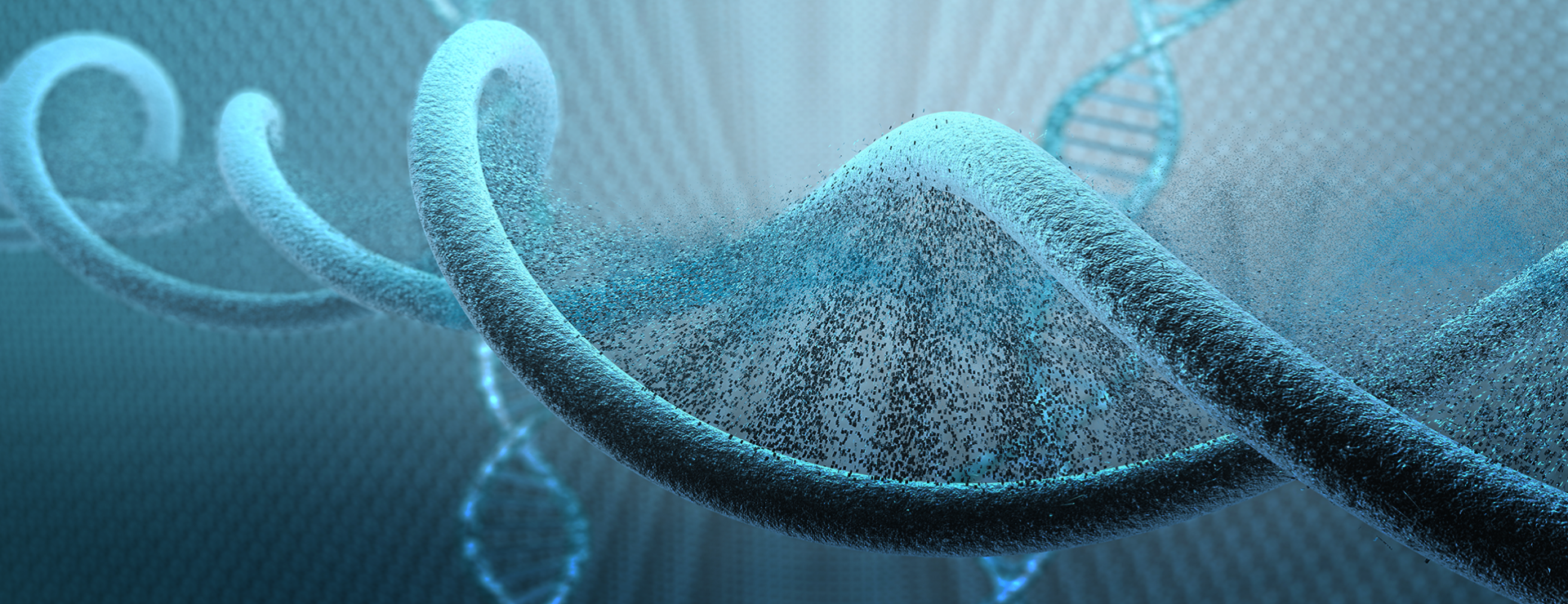
GABRG3
Facebook Support Group
Guide to Pharmacology
Guide to Pharmacology
What Is GABRG3
GABRG3 is a gene that provides instructions for producing a protein called a subunit of the GABA A receptor. The GABA A receptor is a type of protein complex found in the brain that plays a crucial role in regulating the activity of a neurotransmitter called gamma-aminobutyric acid (GABA). GABA acts as an inhibitory neurotransmitter, meaning it helps to calm down and regulate the activity of neurons in the brain. Read More
Symptoms of GABRG3?
Research suggests that alterations in GABRG3 can potentially be associated with certain neurological conditions. It’s important to note that the specific symptoms can vary widely depending on the nature of the variation and its impact on GABA A receptor function.
Based on limited available information, some reported symptoms associated with GABRG3 variations or mutations include:
- Epilepsy: GABRG3 alterations have been linked to various forms of epilepsy, including generalized epilepsy and febrile seizures.
- Intellectual disability: Some individuals with GABRG3 variations may experience intellectual disability, which can range from mild to severe.
- Language and speech impairments: Difficulties with language and speech development, such as expressive and receptive language delays, articulation problems, and communication challenges, may be present in some individuals.
- Autism Spectrum Disorder: Variations in GABRG3 can increase the risk of autism spectrum disorder.
While some studies have investigated the potential involvement of GABRG3 gene variations in schizophrenia, the findings have been inconclusive or limited. It is important to note that schizophrenia is a complex condition with a wide range of genetic and environmental factors contributing to its development. Multiple genes and biological pathways are believed to be involved in the pathogenesis of schizophrenia, making it a topic of ongoing research and exploration.
Angelman syndrome is typically associated with alterations in a different gene called UBE3A, however there have been some reports suggesting a potential link between variations in the GABRG3 gene and Angelman-like features in a small number of individuals.
These reports have described individuals with atypical features resembling Angelman syndrome who have variations in the GABRG3 gene. However, it’s important to note that these cases are considered rare and further research is needed to fully understand the relationship between GABRG3 variations and Angelman-like symptoms.
Behavioral and psychiatric manifestations: Emotional and behavioral issues, including anxiety, hyperactivity, attention deficits, and mood disorders, have been reported in some individuals with GABRG3 variations.
https://pubmed.ncbi.nlm.nih.gov/37019319/
https://pubmed.ncbi.nlm.nih.gov/30108208/
https://pubmed.ncbi.nlm.nih.gov/35403940/
https://pubmed.ncbi.nlm.nih.gov/34779508/
https://pubmed.ncbi.nlm.nih.gov/30826071/
It’s important to note that these symptoms are general observations, and the specific symptoms and their severity can vary among individuals with GABRG3 variations. Additionally, ongoing research and advancements in genetic studies may provide further insights into the specific symptoms associated with different GABRG3 variations.
If you have concerns about GABRG3-related conditions or suspect a GABRG3 variation in yourself or someone you know, it is recommended to consult with a healthcare professional, such as a neurologist or genetic specialist, for a comprehensive evaluation and personalized information based on the individual’s specific genetic variant and clinical presentation.
Disclaimer: It is important to note that our understanding of GABA A Variants and their associated symptoms is an ongoing area of research. As of now, there may still be limited information available regarding the specific symptoms and implications of these genetic variations. It is recommended to consult with healthcare professionals or genetic specialists, and stay updated with the latest scientific research, as ongoing studies and advancements may provide further insights into GABA A Variants and their related symptoms.
Cure GABA A Variants non-profit and cureGABAa.org does not provide medical advice. It is intended for informational purposes only. It is not a substitute for professional medical advice, diagnosis or treatment. It does not diagnose, it produces a ranked list of suspected genes which provide assistance for rare hereditary disease cases. Patients should discuss their findings with their healthcare provider. Cure GABA A Variants does not intend to diagnose patients. It is providing information in order for patients to find and get better management of expert certified clinical assistance.

